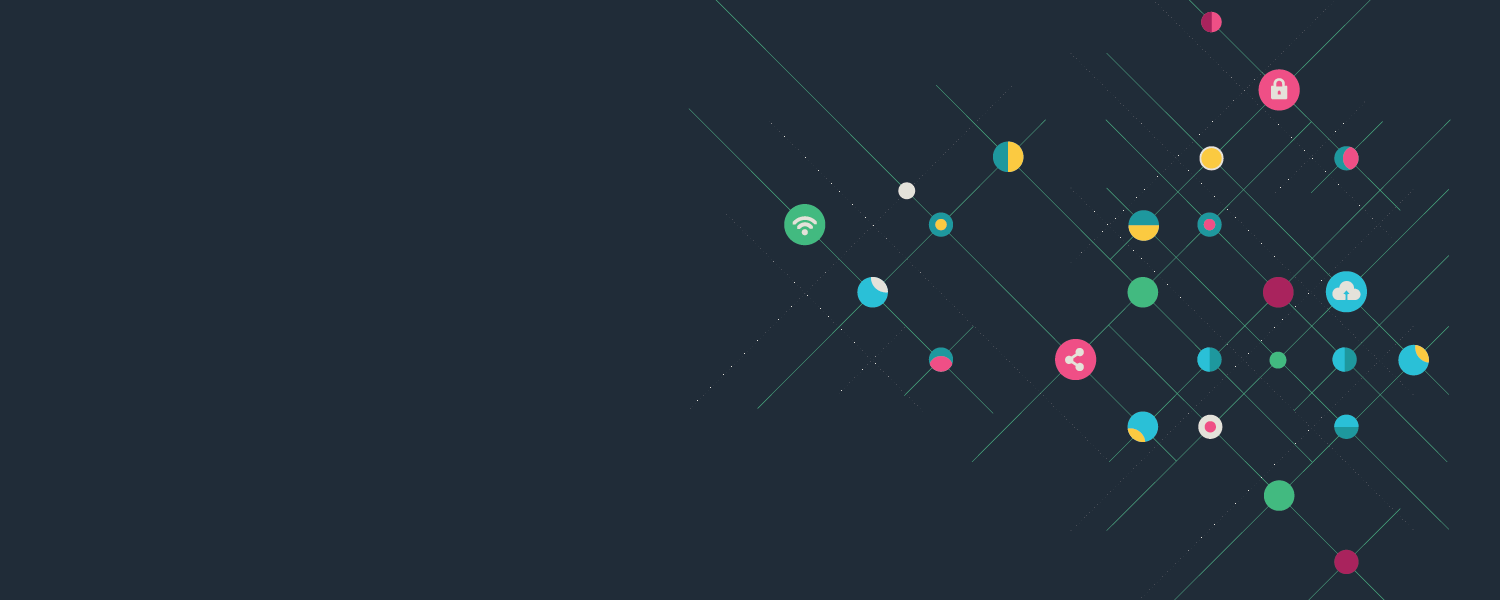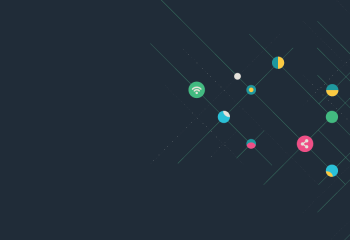
The Story Behind the Lessons from the First Internet Ages Project
In 2021, we had the honor of serving as the inaugural Knight Visiting Scholars. In our roles, we worked with a team from Knight Foundation, led by John Sands, to create a project called The Lessons from the First Internet Ages. This project resulted in thirteen submissions from figures who played key roles in the Internet’s development; a two-day virtual conference featuring ten sessions and over two dozen speakers and moderators; and several additional commentary essays. This essay explains the project’s genesis and denouement.
The Origins
When John approached us about the Visiting Scholar role, he offered us a lot of freedom to determine the project’s topic and scope. Nevertheless, finding a mutually satisfactory project wasn’t going to be easy. To bypass long-standing substantive disagreements we’ve had with each other, it was natural for us to prefer a subject-matter-neutral project theme. Also, consistent with the unique opportunity the Visiting Scholar role presented to us, we prioritized a project with longer-term relevance.
We settled on a simple goal: to hear from key Internet innovators about the lessons they learned over the years. This would create a repository with historical significance, and it would let us distill the wisdom accumulated from decades of first-hand experiences. Thus, we asked these individuals a single question: Knowing what you know now about the Internet and how your venture turned out, what do you wish you had done differently from the beginning?
This helps explain the project’s title, Lessons from the First Internet Ages. That’s exactly what we hoped to gather and share.
Recruiting Key Figures
A modern history project like this quickly encounters a major stumbling block: Many of the key figures were white men, raising the concern that their perspectives would be overly homogenous.
Being aware of this problem, we took two steps. First, we thought expansively about the list of key figures we solicited, with attention to diversity in our invitation process. Second, as discussed below, we prioritized a broad range of voices for the conference evaluating the initial contributions.
Together with John and the Knight Foundation team, we developed an invitation list of about forty key figures. We contacted as many of the individuals as we could reach. Unsurprisingly, some of our invitations went unanswered; other invitees declined.
We gave all of the contributors the option of writing a short essay or doing a video interview. Two contributors chose the video interview option, which Eric conducted due to his personal connections to them.
The Conference
Several themes became apparent from the thirteen submissions we received, including questions about how communities are designed, who should have the power to make and enforce the rules, the impact of various business models, and the preconditions for competition online. These themes became the tracks for our virtual conference. We then sought experts on these topics, with an emphasis on recruiting panelists who could provide a wide range of critiques of the initial submissions. We also added several sessions to reflect on the issues without any topical emphasis, including bringing back two of the initial contributors, Reid Hoffman and Nicole Wong, for deeper engagement.
Conference participants got embargoed access to the thirteen submissions as part of their conference preparations. While some participants discussed the submissions at the conference, most chose to go in other directions. One factor that shaped the conference discourse to some degree was a flood of mainstream media coverage critical of Facebook right before the event, prompted by former Facebook employee Frances Haugen providing reporters with access to a cache of internal Facebook materials that documented the company’s various misdeeds.
We asked all the conference participants to contribute written reflections in addition to their participation in the live event. We got several submissions that we’re now sharing, as well.
Learning the Lessons
As we’d hoped, the project has generated a rich trove of historically significant materials that can provide many possible insights into the lessons we’ve learned over the Internet’s life. We hope those lessons will help us collaboratively achieve better outcomes.
Lessons from the First Internet Ages
What is the future of the internet? Thirty years after the creation of the first web page, what have we learned about the impact of the internet on communication, connection, and democracy? Watch, Lessons from the First Internet Ages, a virtual symposium that explores and evaluates what key figures in the development of the internet and online […]
